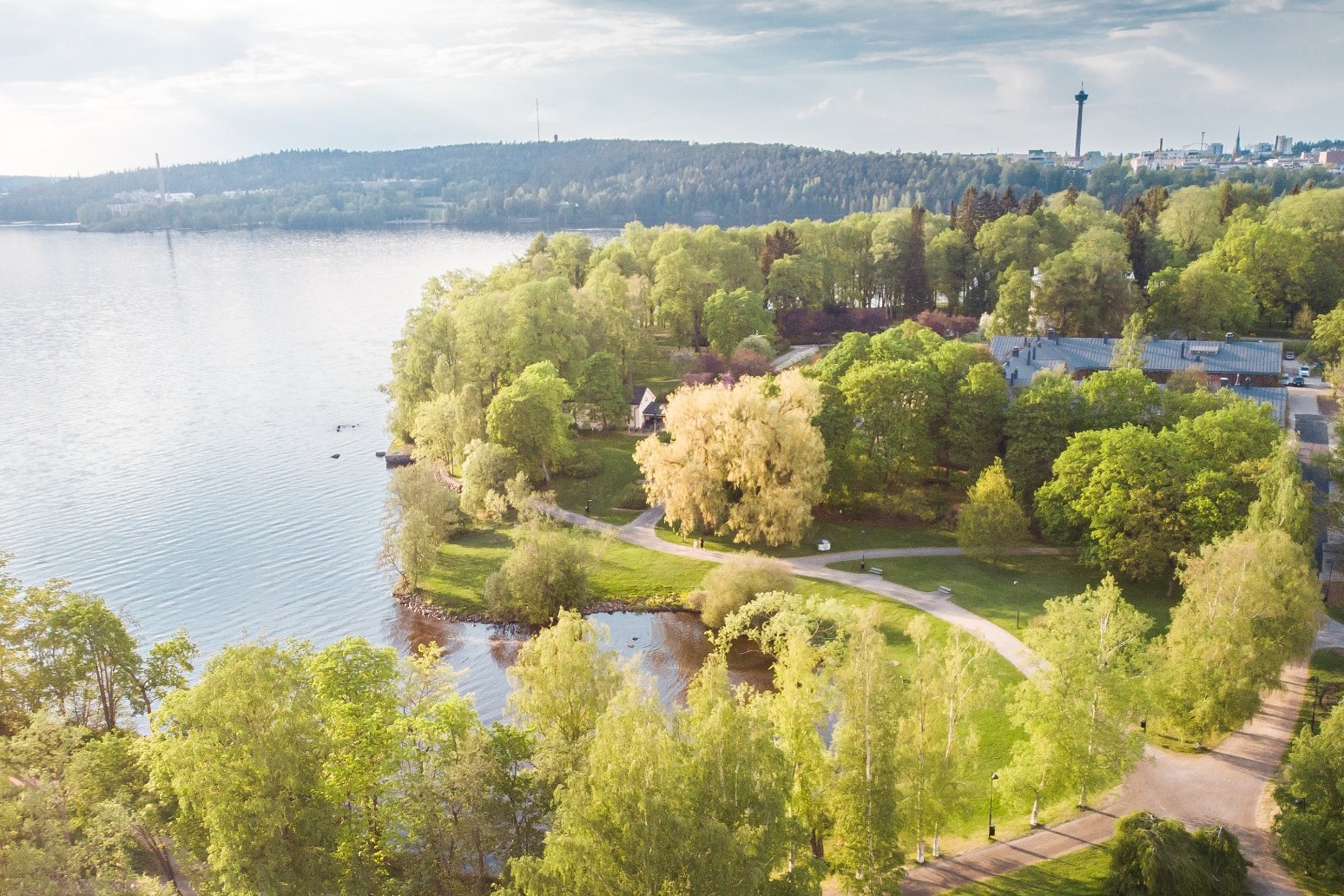-
 play_arrow
play_arrow
Kl 1 Radio Local radio for west Norfolk
-
 play_arrow
play_arrow
KL DISCO KL Disco Playing Disco Music from the 70's onwards.24/7
-
 play_arrow
play_arrow
KL COUNTRY KL COUNTRY Playing New and Classic Country Music 24/7
-
 play_arrow
play_arrow
KL ROX KL ROX The best of New and Classic Rock.24/7
-
 play_arrow
play_arrow
KL SUMMER Summer Vibes 24/7 from KL1 Radio across West Norfolk
-
 play_arrow
play_arrow
KL CLASSICAL Your Symphony Starts Here
-
 play_arrow
play_arrow
KL CHILL Just Chill!
-
 play_arrow
play_arrow
KL POP The Best POP Hits all day Long!
-
 play_arrow
play_arrow
KL XTRA KL XTRA
music_note

The world is on track for a “catastrophic” 3.1C of global warming, the UN has warned as it called for massive efforts to cut the emissions driving climate change.
In its annual report on the gap between the emissions cuts needed to limit global warming to 1.5C and what countries are doing and have pledged to do, the UN Environment Programme (UNEP) said the goal would “soon be dead” without a global mobilisation on a scale and pace never seen before.
It warned the world was currently on track for temperature rises of 2.6C to 3.1C, depending on how much of the currently promised climate action is delivered.
The warning comes ahead of this year’s UN Cop29 talks in Baku, in fossil fuel-rich Azerbaijan, where nations are facing calls to agree bolder action to scale up finance for developing countries to tackle climate change, and to close the emissions gap.
Countries agreed to limit temperature rises to “well below” 2C and pursue efforts to curb them to 1.5C above pre-industrial levels at the Paris climate talks in 2015.
Scientists have warned that there is no safe amount of climate change, but 1.5C has come to be seen as a threshold beyond which the worst impacts of climate change-driven heatwaves, droughts, floods, collapse of natural systems and rising sea levels will be felt.
Nations have set out country-level action plans, known as nationally determined contributions (NDCs), for meeting the Paris targets, through cutting emissions from activities such as burning fossil fuels and creating or restoring habitats such as forests to capture carbon, up to 2030.
But, as countries prepare to submit the next set of plans for action up to 2035 in the next few months, UNEP is warning the goal of preventing dangerous warming is slipping out of reach.
The report said global greenhouse gases are still rising, and were up 1.3% in 2023 on 2022 levels – a faster increase than the average over the past decade – with the G20 group of leading economies accounting for more than three quarters (77%) of emissions.
The world is facing long term global warming of 3.1C on current policies, and even if countries delivered on their climate plans up to 2030, it would lead to temperature rises of 2.6C-2.8C, the report said.
But countries are off-track even for those plans.
Responding to the report, UN secretary general Antonio Guterres said the world was “teetering on a planetary tightrope”.
“Either leaders bridge the emissions gap, or we plunge headlong into climate disaster – with the poorest and most vulnerable suffering the most,” he said.
He said already people were suffering from monster hurricanes, biblical floods and record heat which was turning forests into tinder boxes and cities into saunas, and warned “current policies are taking us towards a catastrophic 3.1C temperature rise by the end of the century”.
He said governments must drive down all greenhouse gas emissions, weaning the world off fossil fuels, accelerating the rollout of renewables and halting and reversing deforestation, and agree a new finance goal at Cop29 to unlock the huge sums of money developing countries need to tackle climate change.
Inger Andersen, executive director of UNEP, said: “Climate crunch time is here. We need global mobilisation on a scale and pace never seen before – starting right now, before the next round of climate pledges – or the 1.5C goal will soon be dead and well below 2C will take its place in the intensive care unit.”
She urged nations meeting for Cop29 to increase action now, set the stage for stronger national plans and then “go all-out to get on a 1.5C pathway”.
And she said: “Even if the world overshoots 1.5C – and the chances of this happening are increasing every day – we must keep striving for a net-zero, sustainable and prosperous world.
“Every fraction of a degree avoided counts in terms of lives saved, economies protected, damages avoided, biodiversity conserved and the ability to rapidly bring down any temperature overshoot.”
Nations must collectively commit to cut 42% off annual greenhouse gas emissions by 2030 and 57% by 2035 in the next round of NDCs to achieve the 1.5C goal, UNEP warned.
It is technically feasible to deliver such a cut, by tripling renewable energy capacity by 2030, ramping up energy efficiency improvements, shifting away from fossil fuel use and protecting and restoring natural habitats such as forests and mangroves.
But there must be a massive globalisation effort to cut the global greenhouse gases driving rising temperatures, starting today and led by the G20, UNEP said.
Energy Secretary Ed Miliband said: “This report is yet another clarion call about the need for global leadership to protect our way of life and home for future generations.
“Thanks to the falling costs of renewables, we can tackle the climate crisis in a way that not only protects future generations, but makes people today better off with energy security, lower bills and good jobs.”
He claimed Britain was “back as a climate leader” with its plans to make the country a “clean energy superpower”.
Published: by Radio NewsHub

Similar posts
Upcoming shows

Frank Hopping – Real Music Society
6:00 pm - 8:00 pm

Mike Bentley – The Theatre Show
8:00 pm - 10:00 pm

Jonathan Charles – Vinyl Countdown
10:00 pm - 11:00 pm

Night Trax
12:00 am - 7:00 am

Paul Baker – KL1 Breakfast
7:00 am - 10:00 am
Message Us
Copyright The Mediasite UK - 2025








